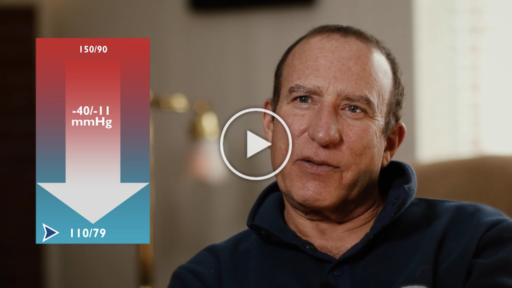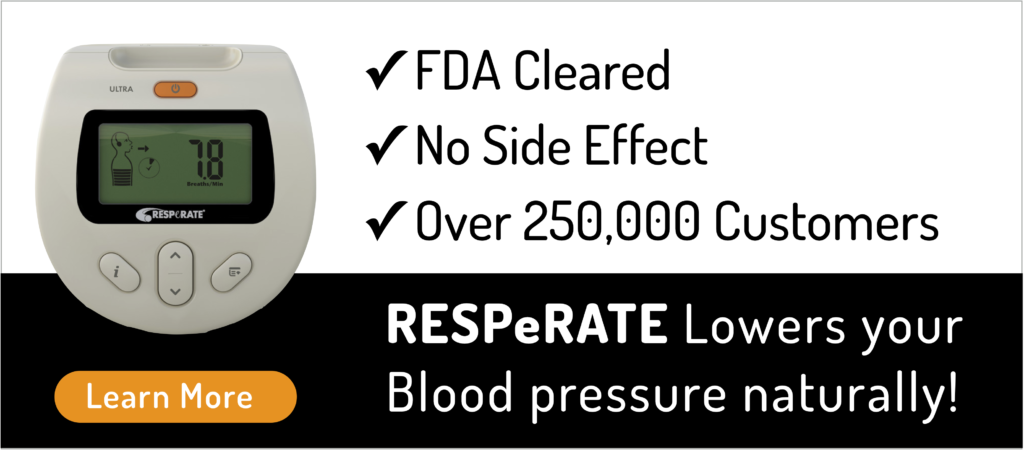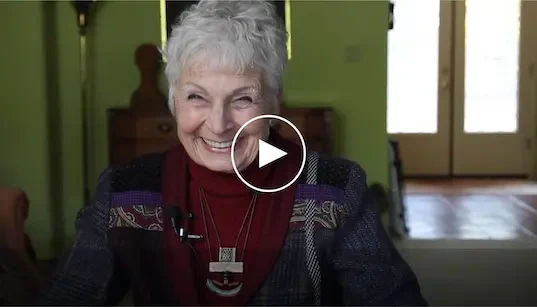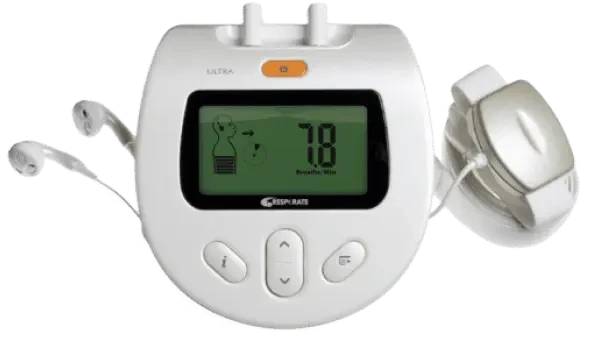Is medication always the answer to treat high blood pressure?
I have just returned back to work after 10 days in a cardiac care unit. Sever chest pain, but all labs were normal. This is something I will share in a blog within the week. I avoided open heart surgery only because I refused, but I ended up with another stent. No family history of heart disease. So what is it? More on that in my blog.
Imagine having a diet where you did not have to count calories. Where you were encouraged to eat as much as you could. Yes a lifestyle with no guilt. This is the nutritarian way of living.
According to Dr Joel Fuhrman, the father of Nutritarian Diet, if you have high blood pressure, medication is not always the answer to this problem. In a recent article written in the “Valley Courier” Dr. Fuhrman had this to say:
“Hypertension drives up the risk for heart attack, stroke, kidney disease, and Alzheimer’s disease and it is a condition that must be addressed.
But in most cases, it can be addressed without medication. Diet and lifestyle factors cause blood pressure to rise, and improvements in diet and lifestyle can bring it back down.
In older adults, medication aiming to reduce systolic blood pressure (the first number) may lower diastolic blood pressure (second number) too much. Because this could cause the coronary arteries not to fill adequately, which could lead to a heart attack.
In fact, the Eighth Joint National Committee on the Prevention, Detection, Evaluation and Treatment of High Blood Pressure (JNC 8) established new guidelines.
The guidelines do not advocate prescribing blood pressure-lowering medication to adults ages 60 and older with a high systolic blood pressure in the range of 130 to 150 mmHg, because it is unclear whether antihypertensive medication provides any benefit for those patients.
Blood Pressure Medication – Side Effects
Blood pressure drugs do have side effects worth being aware of, especially since some patients take multiple drugs to manage their hypertension. For example, diuretics and beta-blockers are associated with an increased risk of developing type 2 diabetes, and beta blockers have not been shown to reduce the risk of death in people with hypertension.
Women who have used calcium channel blockers and diuretics for 10 years or more have a significant increase in breast cancer risk. Angiotensin II receptor blockers (ARBs) increase the risk of lung cancer.
Because of these potential harms, lifestyle changes are preferable to antihypertensive medications. Regular exercise and reducing sodium intake are important steps toward normalizing blood pressure.
It is recommended to reduce added sodium to a maximum of 400 mg (sodium in packaged foods), in addition to what is found naturally in vegetables and other whole foods.
The high-nutrient (Nutritarian) diet style I recommend is rich in a variety of vegetables, beans, seeds, nuts, and fruits. This diet-style lowers blood pressure, and also reduces cholesterol levels and inflammation, and normalizes body weight.
The Nutritarian Diet
The nutritarian diet was created by Dr. Joel Fuhrman, author of the book Eat to Live, a Nutritarian is a person who bases their dietary decisions on those foods that have the most micronutrients per calorie.
Macronutrients are the things we all know (fat, protein and carbohydrates) that provide us with calories or the energy to live.
Micronutrients, on the other hand, are the vitamins, minerals, fibers and phytochemicals that can have a profound effect on our health, either for the better or for the worse (if you’re not getting enough).
You see our body’s cells actually require phytochemicals just as much as they require fat, proteins and carbs, it’s what our bodies drive us to eat.
The problem is that the SAD (or Standard American Diet) is deficient in phytochemicals and this causes us to overeat (our body is searching for those vitamins and minerals) and since fiber is lacking in diet of processed foods, there is nothing there to tell us that we are full!
So, the idea is easy: Flood your body with phytochemicals and fiber from veggies and fruits,and watch the fat fall off!
Dr. Fuhrman’s Nutritarian diet reduces refined and processed grains, simple sugars, meat, and dairy in favor of beans, whole grains, legumes, fruit, and vegetables.
It is nutrient-dense and is full of the vital micro-nutrients (vitamins, minerals, and phytochemicals) and micronutrients (protein, carbohydrates, and fat) that allow the body to thrive.
The Promise
Losing 20-plus pounds is a great accomplishment, and Joel Fuhrman, MD, aims to help you do that with his book Eat to Live isn’t just about losing weight without feeling deprived or hungry.
It’s also about improving your blood pressure, cholesterol, and more. Dr. Fuhrman also has an award winning recipe book to go along with the plan called Eat To Live Quick & Easy Cookbook.
The 6-week plan shows that if you eat foods that are high in nutrients and low in calories, you can eat more and feel fuller for longer. Fuhrman call this a “Nutritarian” diet.
On this plan, you will cut down on some carbs (bread, pasta), sugar, and oil. You also quit meat and dairy for at least 6 weeks, and eat more whole fruits, vegetables, beans and other legumes, and whole grains.
What You Can Eat vs What You Cannot
In unlimited quantities, you may eat:
- Raw veggies
- Steamed or cooked green vegetables, eggplant, mushrooms, peppers, onions, tomatoes, carrots, cauliflower, and more
- Beans and other legumes. Fuhrman suggests eating 1 cup daily to benefit fully from the fiber and resistant starch, which helps you feel full and passes through the intestine without being digested.
- At least four fresh fruits per day, but no juice. You can have frozen fruit, but not canned. You can use dried fruit sparingly, as a sweet accent.
In limited quantities, you may eat:
- 1 cup per day of cooked starchy vegetables or whole grains (winter squash, corn, potatoes, rice, bread, cereal)
- 1 ounce per day of raw nuts and seeds
- 2 ounces per day of avocado (1/5 of a medium avocado is 1 ounce)
- 2 tablespoons per day of dried fruit
- 1 tablespoon per day of ground flaxseed
Off-limits:
- Dairy products
- Animal products
- Snacks between meals
- Fruit juice
- Oils
- Processed foods
Dr. Fuhrman says it’s best to avoid alcohol if possible, but you can have one drink a day if that will help you stay on the plan.
Final Thoughts
This lifestyle is definitely not for everyone. It is very restrictive and not easy. Incorporating this into my vegan lifestyle put additional restrictions on my eating habits. But in my first 2 weeks I lost 6.5 lbs.
Just because you’re vegan does not mean that you don’t have access to vegan junk food. This lifestyle modification is for those who want off medication, or are experiencing complications from heart disease.
This plan is ideal for vegans and veggie lovers who enjoy large volumes of raw and cooked produce. It requires lots time in the kitchen and plenty of fresh produce, which can be costly.
People who love sweets, dairy, meat, and eggs won’t be satisfied on the plan.
The absence of dairy during the first 6 weeks of the plan and limited amount of whole grains, oils, and protein are a possible concern. Your doctor or a dietitian can let you know what you need to do to get all the vitamin and minerals you need while on this plan, especially during the strictest phase.
Need More Information? Click Here For The Physicians Committee For Responsible Medicine

 Eli Ben-Yehuda
Eli Ben-Yehuda 















 Download Brochure
Download Brochure
Comments
6 Replies to “How The Nutritarian Lifestyle Lowers Your Blood Pressure”
Why are dairy foods not permitted? I eat a lot of non-fat Greek yogurt for my protein and potassium requirements.
can you deliver outside the US ???
Dear Hassan, We can deliver outside of the United States if you open an account with http://www.myus.com. This gives you an address in the United States I can ship to, and then they forward to you. You are responsible for any customs or VAT once it arrives.
I think this is good advice for everyone. We need to improve our diets. Thanks for sharing your story. Was a statin involved prior to you needing the stent procedure. One of my family members had several stents but did much better after the statin reduced his cholesterol.
Hi Fred, That is the strange thing my cholesterol was normal nd yes I was on statins. Nut no they want my cholesterol
below 50. Kindest Regards, Eli
Eli, Thank you for sharing this information. I embarked on this diet style many years ago and have had great results, no cardiovascular issues whatsoever. I think just this diet style alone will help your situation.